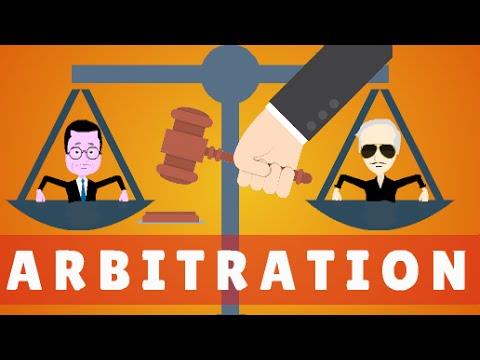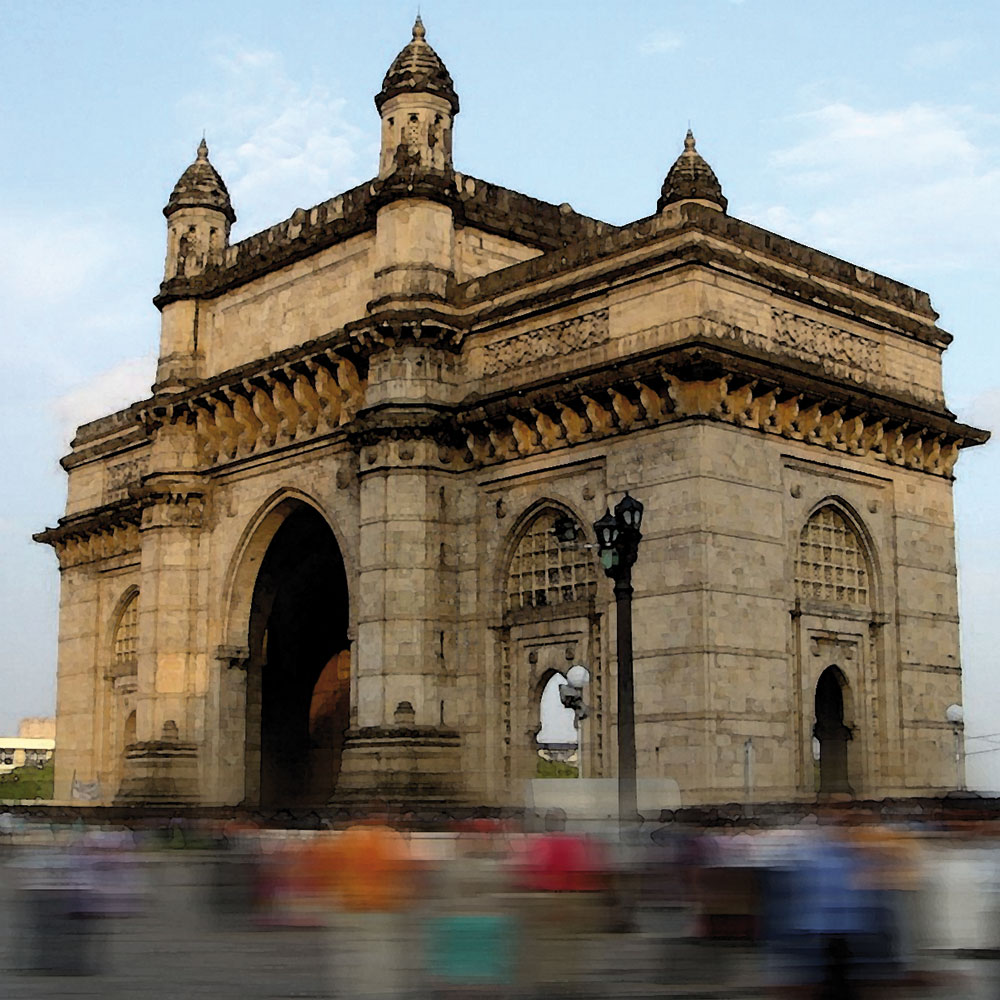The recent amendments to the Arbitration and Conciliation Act, 1996, in 2015 (the 2015 Act), represent one such initiative. The definition of the term “court” for the purpose of international commercial arbitration has now been narrowed to include a High Court of competent jurisdiction only, which is aimed at reducing the involvement of lower courts in international commercial arbitrations and fast-tracking disputes by enabling the parties to approach High Courts directly for resolving their disputes. There are amendments made in the Act in consonance with the UNCITRAL Model Law, which make the provisions for interim measures by the Court, assistance by the Court in taking evidence and provisions relating to appealable orders applicable to domestic arbitrations, valid to international commercial arbitrations also, if not agreed otherwise by the parties. Although the applicability of these provisions may sound contrary to the purport and intent of the 2015 Act, they are still made available as the foreign parties realise and acknowledge the importance of interim reliefs and accordingly prefer to approach Indian courts. The 2015 Act has further incorporated two schedules, the Fifth Schedule and the Seventh Schedule, which provide guidance in determining the independence and impartiality of arbitrators in India. The Fifth Schedule comprises 34 grounds that have been derived from the IBA guidelines on Conflict of Interest in International Arbitration. The Seventh Schedule includes 19 grounds for consideration of the eligibility for appointment of an arbitrator. The amended Act also directs every arbitration to be completed within 12 months from the date the arbitral tribunal enters upon the reference, which can be further extended by a maximum of six months with the consent of the parties. However, after the expiry of the 18 month period, parties seeking a further extension would have to apply to the Indian courts, which may grant an extension only if it finds that there is sufficient cause. Provisions have also been added in the 2015 Act mandating the arbitral tribunal to hold oral arguments on a day-to-day basis, and not grant any adjournments unless sufficient cause can be made out. Fast-track procedures have also been adopted by which parties can agree to refer the matter to a sole arbitrator and the same shall be adjudicated on the basis of written pleadings and without any oral hearing. Judicial intervention has been reduced by restricting the scope of pre-arbitration review by courts to a prima facie review of the existence of an arbitration agreement and to the appointment of arbitrators by the court only. The Act has limited the ambit of the term “public policy” and an international commercial arbitration can only be set aside, if (i) the award is vitiated by fraud or corruption; (ii) it is in contravention with the fundamental policy of Indian law, which again has a limited scope with respect to international commercial arbitration; and (iii) it is in conflict with the basic notions of morality and justice. Additionally, the ground of “patent illegality” does not apply to international commercial arbitration. Most importantly, the mere filing of a petition for challenging an award will not render the award inexecutable and put an automatic stay in the execution of the award. India has further taken a major step by establishing a new arbitral centre in Mumbai. The Mumbai Centre for International Arbitration (MCIA), which was launched in October 2016, provides for an expedited timeline and is India’s very first institution for arbitration. MCIA will provide world-class infrastructure, 24×7 functionality and live transcription services recording during proceedings, putting India on a par with arbitration centres such as Singapore and London. To sum it up, the questions that were being raised as to why one should submit to arbitration in India, which could, in view of the delays, become a long and expensive affair, have now been looked into and acted upon by the Indian government. With the above highlighted amendments, there is intent to curtail delays and expedite the arbitration proceedings. ––––––––––––– |
India
Related Articles by Firm
India going all out to woo foreign companies moving out of China
A silver lining of the Covid-19 crisis is the potential of becoming an attractive alternative to China.
Doing business and ease of doing business in India
VIDEO BRIEFING: The government has taken numerous steps to give an impetus to foreign investment, but a lot remains to be done.
MCA introduces e-form DIR-3-KYC for directors with approved DINS
This compliance exercise seems to be a checkpoint for only genuine individuals acting as directors in a legitimate capacity.
A wide net of ineligibilities for being a resolution applicant
Almost two years after the Bankruptcy Law Reforms Committee submitted its report, the Insolvency and Bankruptcy Code is still a work in progress.
Insolvency in India: Section 29A…
A wide net of ineligibities for being a Resolution Applicant ...
DISHA — India’s probable response to the law on protection of digital health data
Sensitisation and protection of people’s right to privacy and security of their data are the bedrock of DISHA.
The Admiralty (Jurisdiction and Settlement of Maritime Claims) Act, 2017
This much-awaited piece of legislation brings clarity to various deadlocks in Indian jurisprudence.
Metro projects likely to drive India's infrastructure sector
Metro Rail projects in India have picked up pace and are likely to catalyse substantial opportunities over the next few years.
Handling disciplinary proceedings by employers
Breach of an employment contract by an employee often results in disciplinary action leading up to termination in cases of serious misconduct.
Clasis Law Newsletter
The latest legal news from India, including recent court judgments, changes to corporate/commercial law and updates on projects and IP.
Initial Coin Offerings: Another brainteaser in the virtual currency bandwagon
The position of virtual currencies and ICOs in India remains murky.
The impact of General Data Protection Regulations on Indian companies
Extraterritorial applicability of GDPR makes it clear that these regulations will be applicable regardless of whether the processing takes place in EU or not.
ONGC vs Sime Darby consortium
An unsuccessful party cannot possibly apply for interim relief in aid of what it lost before the arbitral tribunal.
The Fugitive Economic Offenders Bill 2018
The bill aims to provide an effective, expeditious and constitutionally permissible deterrent to ensure that such actions are curbed.
Understanding The Maharashtra Shops And Establishments Rules 2018
The Act regulates the employer–employee relationship and service conditions such as hours of work, payment of wages, overtime, leave, holidays, etc.
Supreme Court gives clarity on Section 26 of the Arbitration and Conciliation (Amendment) Act, 2015
In Board of Control for Cricket in India vs Kochi Cricket, the Supreme Court has clarified some issues surrounding the Act.
Delhi High Court resolves uncertainty between two conflicting clauses in contracts
The settled principle of contra proferentem has been re-affirmed by the Court in a case involving Delhi Metro Rail and Voestalpine.
India: Supreme Court update
Supreme Court refers the question to determine the liability of the consignee or steamer agent in respect of ground rent charges to be paid to the port trust to a larger bench ...
Corporate Social Responsibility
There is a growing realization among the corporates that business growth along with positive community/social
impact is now an expected goal ...
India: Execution Proceedings for Enforcement of Arbitral Award
Recent Supreme Court judgement resolves certain issues and requirements ...
India: Impact of the Companies (Amendment) Act, 2017
With the assent of the President on January 3, 2018, the much-awaited Companies (Amendment) Act, 2017 (Amendment Act), which provides for simpler provisions but stringent penalties, has finally seen the light of the day ...
Voluntary Liquidation in India
Winding up under Insolvency and Bankruptcy Code, 2016 ...
Strike Off of Companies in India
Over the years, many companies have been lagging behind in filing of annual documents such as annual returns, financial statements etc ...
India: Valuation by Registered Valuer
“Price is what you pay, Value is what you get” ...
India: Amendments Under Master Directions on Issuance and Operation of Prepaid Payment by RBI
Digital wallets such as PayTM, along with debit and credit cards, are expected to reduce (if not completely replace) the use of paper currency …
India: Institutional Arbitration – Need of the Hour
The need to promote and encourage institutional arbitration for commercial disputes in India ...
India: Supreme Court settles the law: Major relief for foreign operational creditors
Clasis Law recently represented Macquarie Bank in two civil appeals before the Supreme Court of India ...
India: Consumer Protection
NCDRC’s ruling on ‘Voluntary Consumer Association’ under the Consumer Protection Act, 1986 ...
India: Foreign Exchange Management Regulation
Significant changes for transfer or issue of security to a person resident outside India ...
India: Directors' duties and liabilities under the Companies Act, 2013
Directors must be aware of their role, responsibilities and duties towards the company and its shareholders ...
India Update for December 2017
This edition brings to our readers a featured article titled “The Tourism and Hospitality Sector 2017 — The Year Gone By!!”
India: RBI issues Directions on Peer to Peer Lending Platform
Online lending transactions are in their nascent stage in India and given the increase in peer-to-peer (P2P) lending through e-commerce marketplace it is of extreme importance to regulate such transactions ...
INDIA: Right to privacy and data protection in India
The concept of data protection and privacy has not been addressed in any exclusive comprehensive legislation in India ...
India: Protection against groundless threats under Indian IP laws
Rapidly growing awareness of intellectual property (IP) rights and a well-structured statutory regime protecting IP has allowed rights owners to assert and enjoy the limited monopolies conferred on them ...
Corporate compliance: Necessity and implication
The Companies Act of India is the primary legislation governing the functioning of companies established in India during their lifecycle....
India update from Clasis Law
Including briefings on the national food processing policy, projects and energy, and intellectual property.
RBI intervenes in patching up of Tata and DoCoMo’s joint venture
Background to the joint venture: Tata DoCoMo, an Indian mobile network operator, was set up as a joint venture between Tata Teleservices (TTSL) and NTT DoCoMo in November 2008...
Regulatory challenges for Vodafone Idea merger
Vodafone India is in discussions with Idea Cellular for an all-share merger. It appears that the intense competition the Indian telecom industry is facing due to freebies offered by the new entrant, Reliance Jio, has ...
India Update, inc: Regulatory challenges for Vodafone Idea merger
This months India newsletter from Clasis Law includes an article on the “Regulatory challenges for Vodafone Idea merger”, plus updates in Projects, Energy, IP and Banking & Finance ...
Investment conditions and restrictions for venture capital funds
Venture capital funds (VCFs) are contributing considerably to India’s economic growth. The amount of investment directed to venture capital has grown in recent years due to the pro-business environment and ...
Brands – Role and liability of celebrity endorsers
The marketing and advertising industry has grown as an organised industry using innovative ideas that are designed to ...
Related Articles
Related Articles by Jurisdiction
Destination: India
In ‘Focus on India’, the continued momentum and salience of India as a premier investment destination is examined. What are the catalysts for the unprecedented amount of foreign investment flowing into the country?
Radical changes in FDI policy towards single-brand retail and e-commerce sectors
The Government of India in the recent past has taken a slew of far-reaching measures to ease foreign investment in ...
India: Brands – Role & liability of celebrity endorsers
The marketing and advertising industry has grown as an organised industry using innovative ideas, which are designed to engage the aspirations of the viewers and form a bond with the public.
Latest Articles



































 Clasis Law
Clasis Law Mustafa Motiwala
Mustafa Motiwala Vineet Aneja
Vineet Aneja







